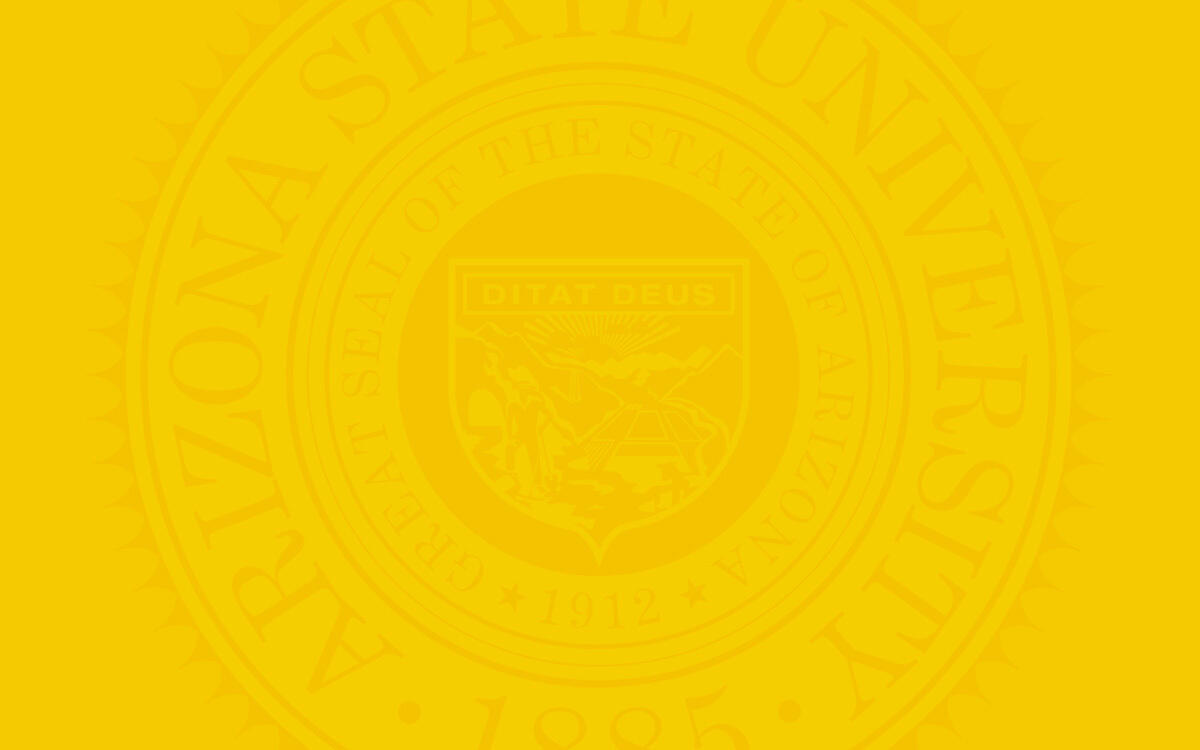
Crowdsourcing Innovative Solutions to Improve Schools via The Education (Re)Open
During the COVID-19 pandemic, the education ecosystem has struggled like never before. Innovations—old and new—are essential in renewing, reimagining, and rebuilding the ecosystem in timely and equitable ways.
After a year which has radically shifted teaching and learning and left educators and families on the front lines of supporting children educationally, socially and emotionally, we have seen the ingenuity of school communities not only persist, but flourish. On March 23rd, USC Center EDGE, together with IDEO, the Andrew Nikou Foundation, and a series of other partners launched The Education (Re)Open (now known as Education Solutions Exchange) to highlight and scale this innovation.
The (Re)Open is an open call for solutions to strengthen school communities as sites welcome students and staff back—and beyond.
Specifically, it seeks responses to a crucial and timely question: How might we bolster school communities by highlighting solutions that reconnect people and enhance collective wellbeing, teaching, and learning?
Crowdsourcing Reveals Insights About Communities
To effectively strengthen a school community, it’s essential to understand your audience.
Los Angeles is home to the nation’s second-largest school district, and its diverse cross-section of families have been affected by the pandemic in vastly different ways. We wanted to better grasp the challenges, needs and hopes of various communities across the region and elsewhere, so we hosted a series of listening circles, where we heard from students, parents, teachers, and administrators about what this last year has meant to them.
The process has underscored an important point: Inclusion opens the door to creative solutions. It empowers a variety of stakeholders in education who are affected by the decisions of school leaders, but may be excluded from the decision-making process.
Additionally, as a school of education located in the heart of a sprawling urban school district, we felt a responsibility to contribute.
USC Rossier’s internal community of faculty, staff, alumni and students has a variety of backgrounds, experiences, and areas of interest. By inviting them all to participate, we can access a greater range of ideas. Crowdsourcing is not a new concept, but it is rarely, if ever, applied to educational policy. We believe it has great potential.
At a moment when schools are making decisions that will impact districts for years to come, we are eager to elevate and spotlight the expertise and experience of educators, students and families from the most underserved communities.
Overcoming the Challenges of Implementation
For all of crowdsourcing’s potential benefits, it also poses a number of challenges, such as how do you identify submitted solutions that are both effective and appropriate for the community at large?
When strategizing this phase of our initiative, we created the Solutions Exchange. At the end of the school year in June, crowdsourced solutions will be featured in a searchable repository for use and scaling, and starting in August will be implemented inside and outside of Los Angeles.
All solutions featured in the Solutions Exchange will receive a share of funding (we’re planning to give up to 100, one-thousand-dollar awards) and selected submitters will receive professional coaching and technology support.
Ultimately, The Education (Re)Open is a chance to crowdsource innovative solutions and reconnect school communities by those that know it best–educators, parents and students–in this moment and beyond.